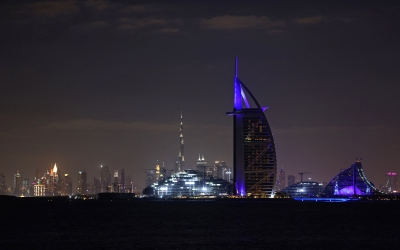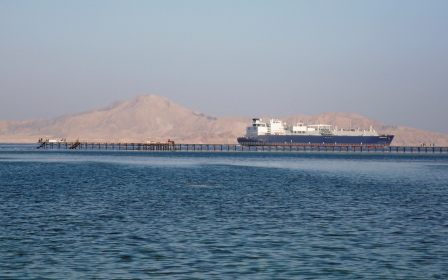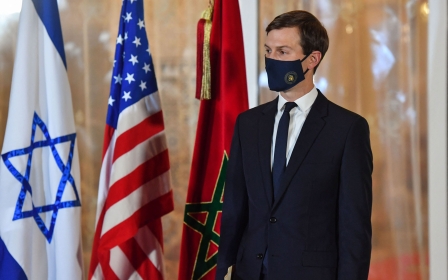US official hints at progress between Israel and Arab states during Biden trip
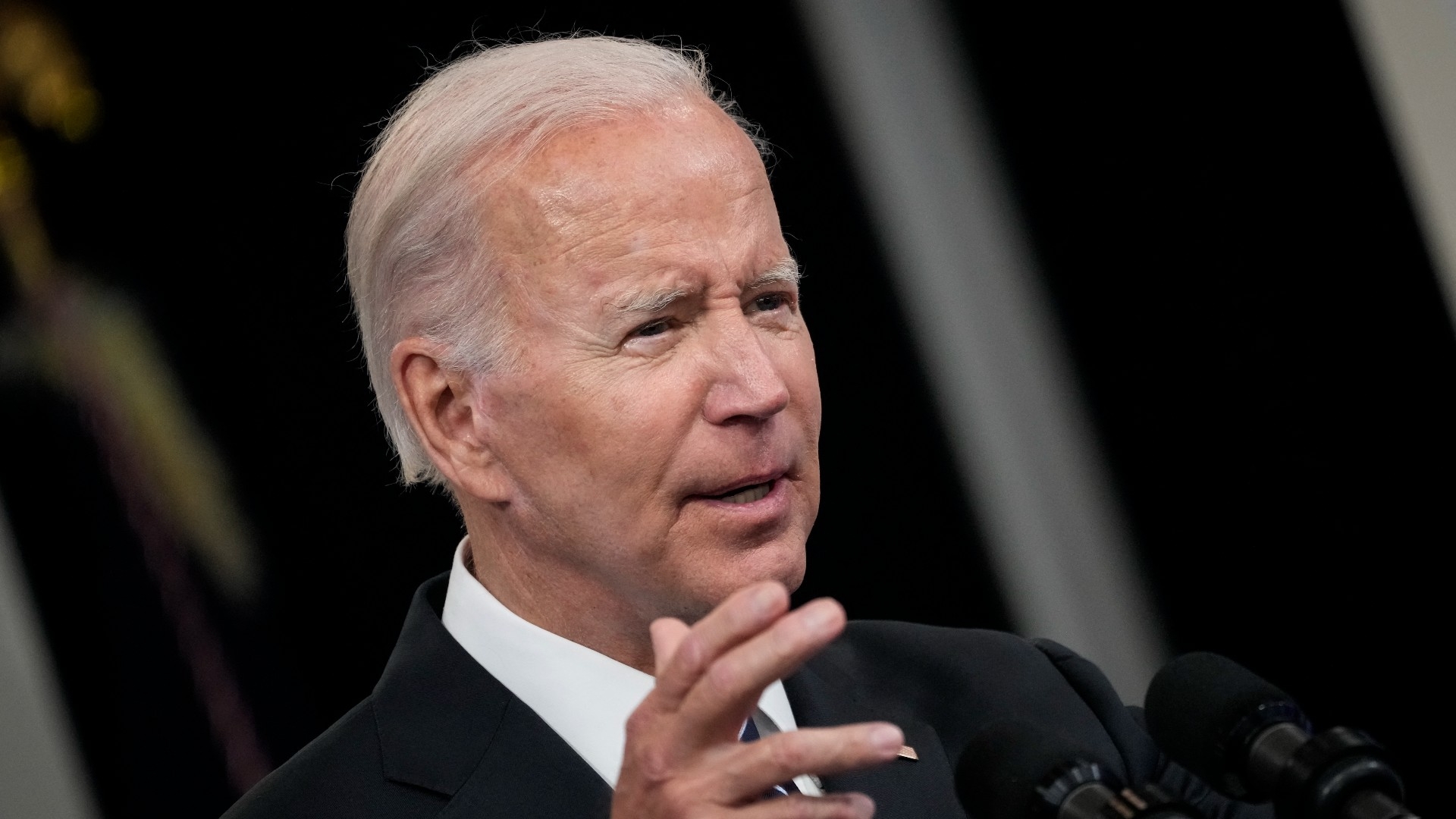
A senior US official told lawmakers on Wednesday that more Arab countries are looking to make gestures to improve relations with Israel when President Joe Biden visits the region next month.
"We are working in the space that is not in the public domain with a couple of other countries," Barbara Leaf, assistant secretary of state for Near Eastern affairs, said at a Congressional hearing on Wednesday.
"I think you will see some interesting things around the time of the president's visit," she added.
Asked to elaborate, Leaf said: "I really wouldn't want to step on the president's toes."
Leaf's comments offer the most senior public acknowledgment from a US official that the trip will coincide with concrete steps to expand on normalisation.
New MEE newsletter: Jerusalem Dispatch
Sign up to get the latest insights and analysis on Israel-Palestine, alongside Turkey Unpacked and other MEE newsletters
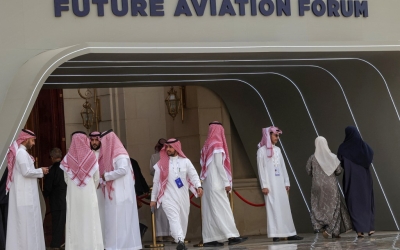
During a four-day trip from 13 to 16 July, Biden is planning to visit Israel, the occupied West Bank and Saudi Arabia. The visit will culminate with a major gathering of regional leaders in Jeddah, the Saudi port city, where Biden is expected to engage in some capacity with Crown Prince Mohammed bin Salman.
While Leaf didn't specify which countries were involved, the US is believed to be brokering a deal between Israel, Egypt and Saudi Arabia to transfer control of two Red Sea islands from Egypt to Saudi Arabia.
The move would ease the path for Riyadh to normalise relations with Israel, although an establishment of outright ties is not expected.
Last month US Secretary of State Antony Blinken said the kingdom was "a partner" in building on the Abraham Accords crafted by the administration of former US President Donald Trump.
Israel and Saudi Arabia do not have official diplomatic relations, but Crown Prince Mohammed bin Salman, also known as MBS, secretly met with former Israeli Prime Minister Benjamin Netanyahu in the kingdom in 2020, according to several Israeli media reports at the time.
Saudi officials have repeatedly said the kingdom remains committed to the Arab Peace Initiative, which conditions recognising Israel on the establishment of an independent Palestinian state within the 1967 borders.
"I think we have always seen normalisation as the end result, but the end result of a path," Saudi Foreign Minister Prince Faisal bin Farhan al-Saud said last month at an event in Davos, Switzerland.
In 2020, Israel normalised ties with the United Arab Emirates during the final months of the Trump administration. Bahrain, Sudan and Morocco all followed suit.
Steps to build on the normalisation agreements come as the Biden administration looks to reset ties with traditional Gulf allies in the wake of Russia’s invasion of Ukraine, stalled nuclear talks with Iran, and skyrocketing energy prices.
Saudi Arabia and the UAE have so far resisted calls from the US to pump more oil, instead sticking to smaller production increases agreed to with Russia.
Leaf defended Biden’s visit in the face of criticism that he was making a U-turn on his Saudi policy in the hope of getting the Kingdom to increase oil production.
“The President is not going asking for favors of anyone on this visit," she said.
Ties with the Gulf have also come under stain over the UAE's decision to welcome wealthy Russians looking to escape Western sanctions, frustrating Western attempts to isolate Moscow.
Leaf told US lawmakers she was “not happy at all” with the UAE’s record on the issue.
Middle East Eye delivers independent and unrivalled coverage and analysis of the Middle East, North Africa and beyond. To learn more about republishing this content and the associated fees, please fill out this form. More about MEE can be found here.


